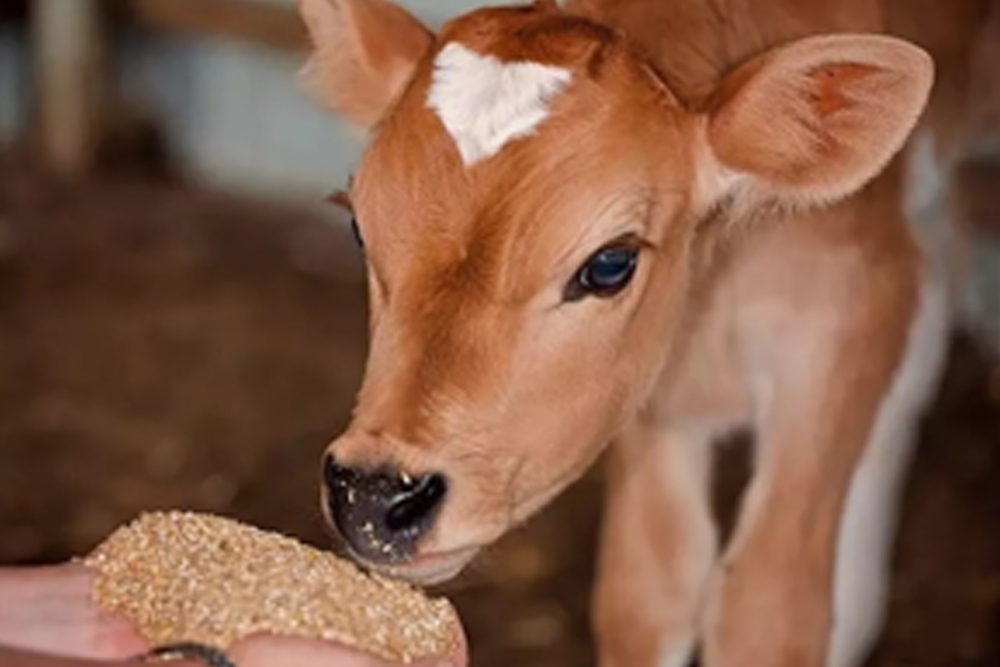MANAGING CALVES IN WINTERS TO MITIGATE COLD STRESS
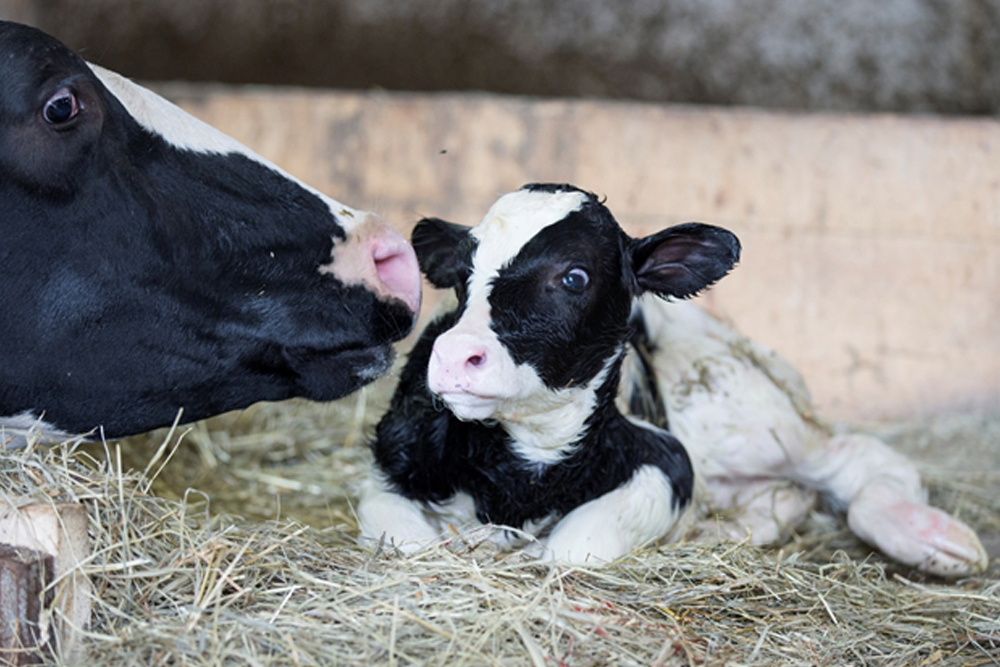
Calves born in the winter season are much cold, so they are very prone to hypothermia or clod stress. When temperatures drop, due to drizzle and rain negatively affecting survival, the newborn calf must cope with the cold and for that important measures should be taken to save them.
Compared to growing up claves, newborn calves are more vulnerable to cold stress because they have very little body fat reserves. First of all, we all must be ensuring that cows calve in clean, dry areas that are sheltered from wind is important for preventing cold stress in newborn calves. Drying calves as quickly as possible after birth is also important. In some situations, when calves are born in very cold temperatures or are exposed to wind and mud it can be beneficial to place calves in a warming calf cage, warm room, or something similar, for a few hours until they are dry and active. It is also critical to ensure sure that calves receive at least 3-4 liters of high quality colostrum right after birth. Not only does colostrum contain antibodies for immune system development, but it also includes high levels of fat, protein, and growth factors that jumpstart the calf metabolism.
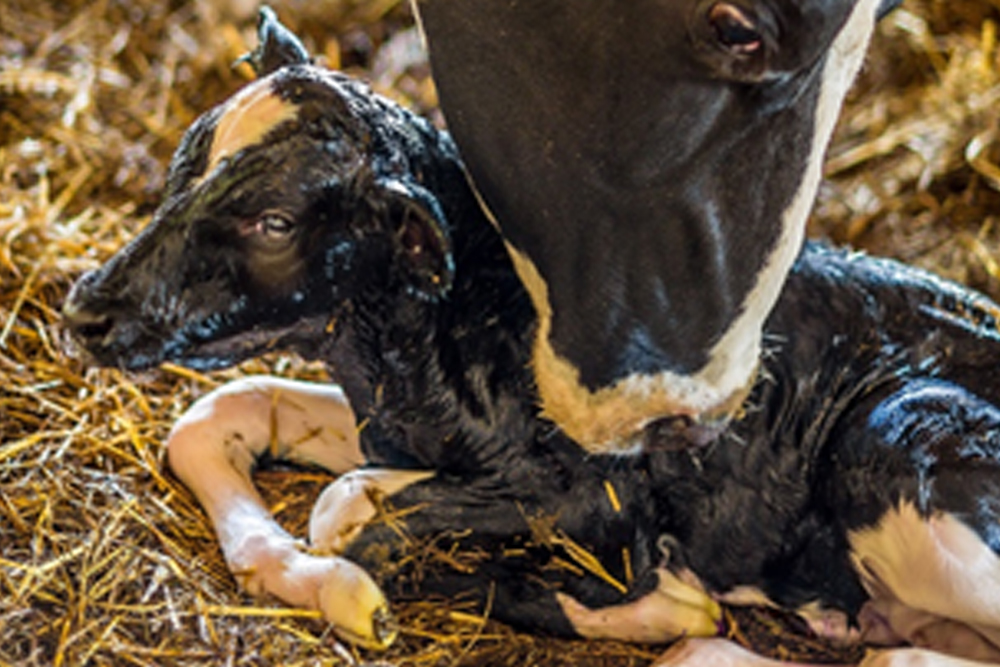
Due to the mist and rain in the environment, the floors of animal enclosures often remain wet, due to which the animals shy away from sitting in the cold. Therefore, prepare good quality bedding in this season, so that their bedding becomes 6 inches thick. This bedding also needs to be changed daily. Laying of sand or mattresses is considered best for animals because animals rest for more than 12-14 hours in a day, which reduces energy loss of animals.
Water is also important to maintain good electrolyte balances in the body. Every process in the body is driven by the ability to move nutrients across cell walls. The body is mostly water. Good cellular health, gut function, nutrient utilization, normal metabolic function and keeping the body at proper temperature all depend on adequate supplies of water. With the onset of winter, water intake also drops so to avoid that animals should always be given lukewarm feed water to drink.
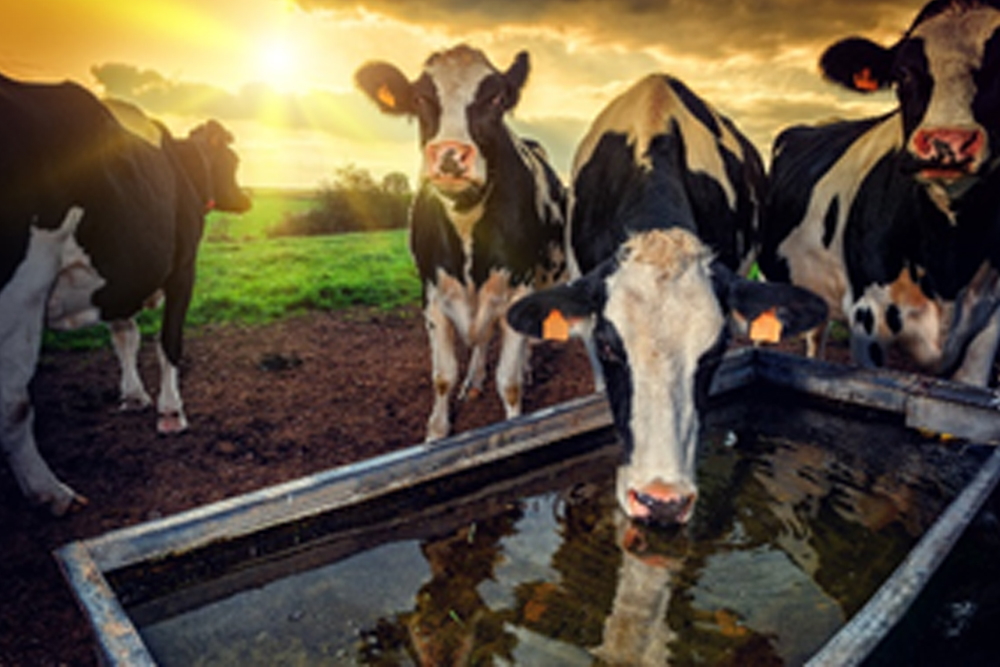
Here we are discussing signs of cold stress in calves
- Rectal temperature is the most accurate method of determining if a calf is experiencing hypothermia.
- Mild hypothermia- Body temperature drops below 100F.
- Severe hypothermia- Body temperature drops below 94F. Vital organs are cold and impaired brain function results.
- Calf shivers to increase heat production and shunt blood from body extremities to the body core.
- Signs of life are hard to detect if temperature falls below 86F.
Following considerations must be kept in mind before the onset of cold weather
1. Ventilation
2. Bedding
3. Calf jackets
4. Feeding
2. Bedding
3. Calf jackets
4. Feeding
Here are few manage mental tips to avoid calves from cold stress
- Good ventilation is critical for calf health, particularly with regard to respiratory disease management. Without adequate ventilation, pathogens and harmful gases, such as ammonia, can linger near the calf and lead to health problems.
- Protective measures include warm water bath, warm air or heat lamps and warm blankets.
- Blankets of calf jackets are most useful for calves less than 3 weeks of age that are not yet eating grain. Warm blankets should not be so hot that they cause skin burns or sweating during the day.
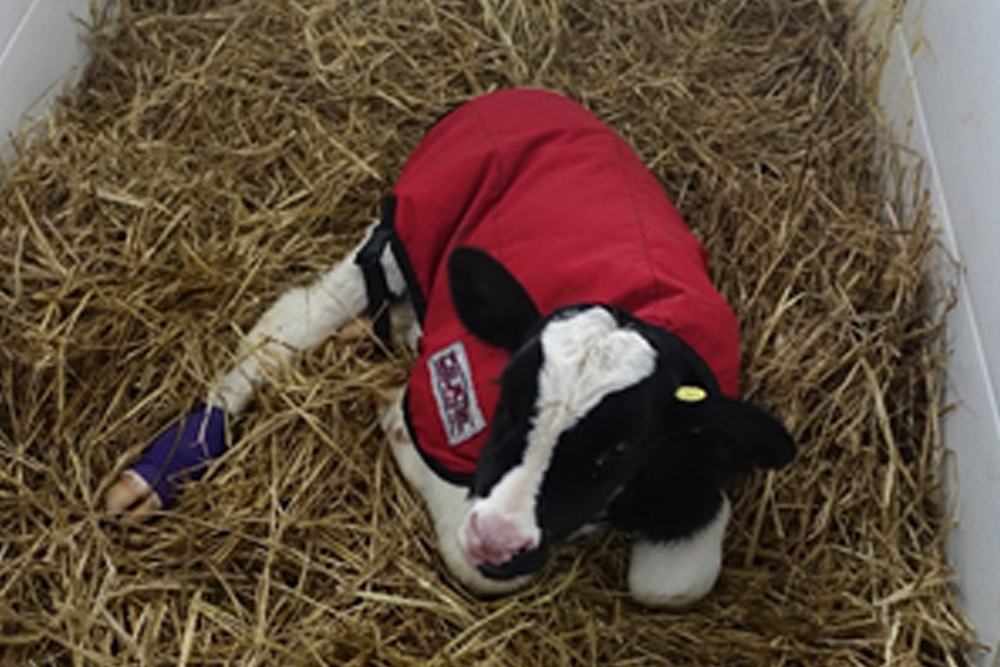
- Prevention of the radiant heat loss.
- Thick, dry straw bedding at resting area should be provided for better insulation.
- Wind drafts must be avoided because they encourage heat loss.
- Young dairy calves have very little stored fat they can use for warmth. To cope with cold stress by feed with extra energy should be provided.
- Dasan Feeds calf starter 20 is best energy source for calves specially to cope with the cold weather.
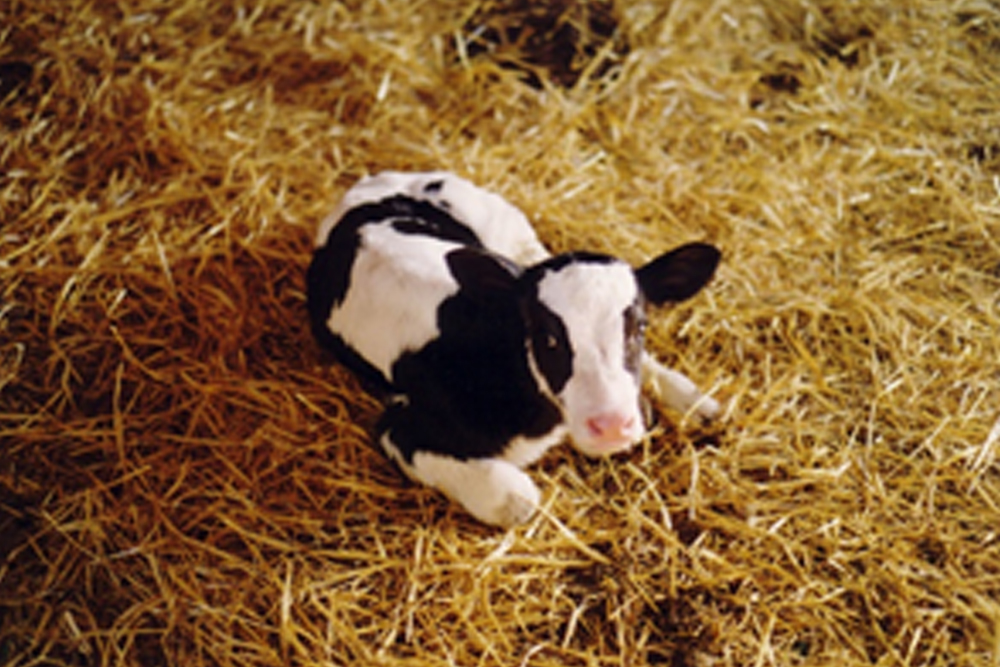
- Additional amount of feed/ Dasan 20 calf starter, milk replacer, or milk that a calf would need to eat to compensate for extra energy used to keep warm during cold weather.
- Calves less than 3 weeks of age increases the amount of milk or milk replacer to provided extra energy.
- Repeated changes in the calf’s diet should not be done.
- Calves that are eating Dasan calf starter, especially those over 3 weeks of age can more easily cover their increased energy needs by voluntarily eating more grain is beneficial in terms of generating heat.
- In cold weather, provision of warm water three times per day for a minimum of 30 minutes each time in order to ensure calves have ample opportunity to drink.
